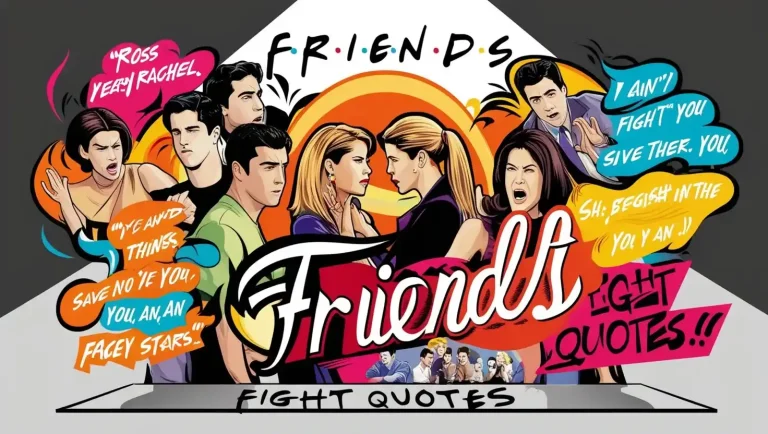Best way to say sorry in a text

Best way to say sorry in a text
When it comes to apologizing in a text message, the best way is to be sincere, genuine, and clear about your feelings. Start by acknowledging your mistake and taking responsibility for your actions. Express your remorse and explain why you are genuinely sorry. Avoid making excuses or placing blame on others. Show empathy and understanding by acknowledging how your actions may have affected the other person. Finally, offer a solution or make amends to show your commitment to making things right. Remember, the key is to be honest, humble, and heartfelt in your apology text to effectively mend any hurt feelings or misunderstandings.
Best way to say sorry in a text
I am sorry for arguing with you
Apology Quotes That Speak Louder Than Words
FAQs
How can I apologize sincerely to someone I’ve hurt?
To apologize sincerely, start by acknowledging your mistake and taking responsibility for your actions. Express genuine remorse and empathy for the pain you caused. Be specific in your apology, mentioning the specific actions or words that hurt the person. Offer a sincere and heartfelt apology, making it clear that you understand the impact of your behavior. Finally, make a commitment to change and take steps to rectify the situation if possible.
What should I do if my apology is not accepted?
If your apology is not accepted, it’s important to respect the other person’s feelings and boundaries. Give them space and time to process their emotions. Reflect on their perspective and consider if there’s anything else you can do to make amends or rebuild trust. It’s crucial to avoid becoming defensive or argumentative. Sometimes, it may take time for the person to heal and be ready to accept your apology, so be patient and continue to show genuine remorse and willingness to make amends.
How can I make sure my apology is genuine and meaningful?
To ensure your apology is genuine and meaningful, it’s important to be self-reflective and honest with yourself. Take time to understand your own motivations and behaviors that led to the hurtful situation. Acknowledge any patterns or tendencies you may have and commit to personal growth and change. When apologizing, be sincere and avoid making excuses or shifting blame. Show empathy by actively listening to the other person’s feelings and concerns. Finally, take action to rectify the situation and demonstrate your commitment to learning from your mistake.






